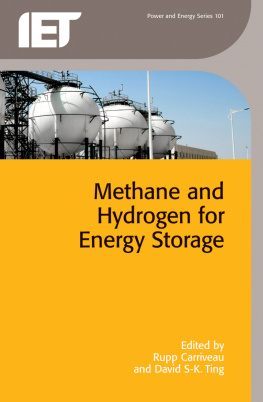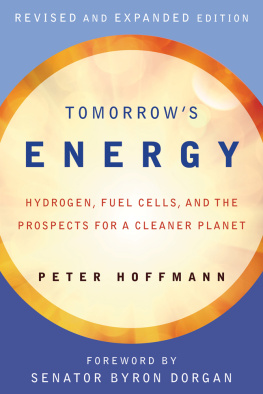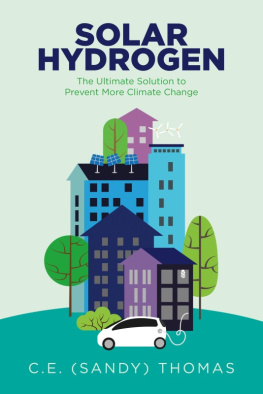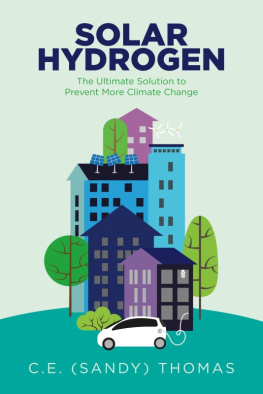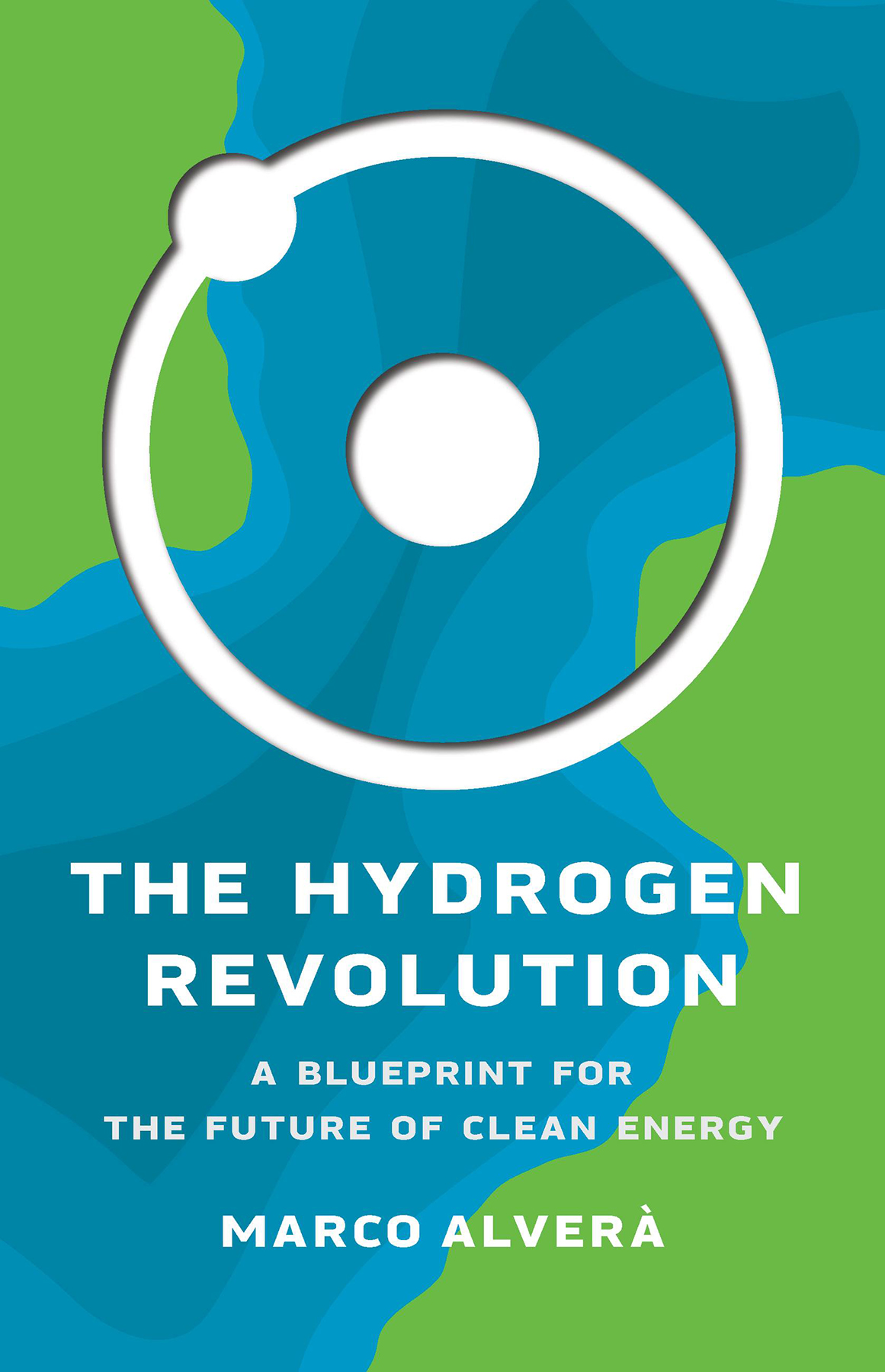
Copyright 2021 by Marco Alver
Cover design by Ann Kirchner
Cover image Studio_G / Shutterstock.com
Cover copyright 2021 Hachette Book Group, Inc.
Hachette Book Group supports the right to free expression and the value of copyright. The purpose of copyright is to encourage writers and artists to produce the creative works that enrich our culture.
The scanning, uploading, and distribution of this book without permission is a theft of the authors intellectual property. If you would like permission to use material from the book (other than for review purposes), please contact permissions@hbgusa.com. Thank you for your support of the authors rights.
Basic Books
Hachette Book Group
1290 Avenue of the Americas, New York, NY 10104
www.basicbooks.com
First published in Great Britain in 2021 by Hodder Studio
First US Edition: November 2021
Published by Basic Books, an imprint of Perseus Books, LLC, a subsidiary of Hachette Book Group, Inc. The Basic Books name and logo is a trademark of the Hachette Book Group.
The Hachette Speakers Bureau provides a wide range of authors for speaking events. To find out more, go to www.hachettespeakersbureau.com or call (866) 376-6591.
The publisher is not responsible for websites (or their content) that are not owned by the publisher.
Typeset in Bembo MT by Hewer Text UK Ltd, Edinburgh
Library of Congress Control Number: 2021942288
ISBNs: 9781541620414 (hardcover); 9781541620421 (ebook)
E3-20211020-JV-NF-ORI
Engaging, authoritative and very timely. Marco Alver spells Hydrogens critical role as an energy store in the clean power transition.
Mike Berners-Lee
To achieve the climate goals from the Paris Agreement, we need a wholesale transformation of our energy system. This book sets out compellingly the role that Hydrogen plays in this transformation and is an important contribution to advance the energy transition.
Mark Carney
An engaging and insightful overview of the tiny molecule that could revolutionise climate action. Like hydrogen itself, Marco Alver is a superb connector of ideas, approaches and practical, positive solutions.
Dr Gabrielle Walker
In this excellently-written and engaging book, Marco Alver sets out an attractive vision for a hydrogen-fuelled future.
Myles Allen
Director of Oxford Net Zero
Coordinating Lead Author of the IPCC 2018 Special Report on 1.5C
An invaluable explainer on hydrogen a key to us achieving net zero an urgent rallying call for action, a call policy-makers across the globe need to heed.
Peter Mandelson
This book presents a vision for the future based on hydrogen and renewables that is clear, grounded and hopeful.
Francesco La Camera
Director General of IRENA
This book offers clear and thought-provoking ideas about the future of hydrogen. It can help inform the conversation on how to enable hydrogen to play an important role in global clean energy transitions.
Dr Fatih Birol
IEA Executive Director
A comprehensive and comprehensible vision for hydrogen from a top business leader.
Jonathan Stern,
Oxford Institute for Energy Studies
A comprehensive and up to date piece of work on the compelling reality and value proposition of green hydrogen to decarbonize the hard to abate sectors a must read for all.
Paddy Padmanathan
CEO of ACWA Power
Marco Alver paints a vibrant and achievable vision for green hydrogens role in the transition towards a sustainable global energy system.
Jules Kortenhorst
CEO of RMI
Hydrogen will undoubtedly play a crucial role in tomorrows zero carbon economy and few people have thought more deeply about that role than Marco Alver. In this insightful and powerfully argued book he sets out not only the feasible and attractive vision of an economy dominated by electricity and hydrogen, but the practical steps we must now take to speed progress towards that end.
Lord Adair Turner
Chair of the Energy Transitions Commission
To Lipsi and Greta who are made of starstuff
Were in Venice, in the year 2050. It is the thirty-fifth anniversary of the Paris Agreement, and it is a celebration. The spectre of climate change is finally exorcised. Global temperatures have started to stabilise, and we are set to feel the first refreshing drafts of global cooling. Rainforests and reefs survive as does this beautiful city. Wildlife that was threatened is now returning.
We can trade, prosper and travel while respecting the equilibrium of our planet.
It isnt just our lighting and our electric vehicles that are totally green. Everything is. We use green fertilisers to grow our food. Our homes are connected to a green energy grid and produce, exchange and store their own clean energy. Ultralight vertical taxis bunny-hop over traffic jams. Long-haul aeroplanes leave contrails of ice in the sky. Boats, trucks, and buses glide noiselessly, no longer belching out CO2 and fumes but emitting pure water vapour. The particles and pollutants that clogged up our cities and our airways are a thing of the past.
And all this because we are harnessing the power of the sun and the wind directly, and transforming it into hydrogen.
We are piping the desert sunlight and the ocean winds into our homes. Europe imports solar energy from North Africa and the Middle East, driving prosperity in the region. Australia harvests the strongest sunshine on Earth, then ships it to Japan on boats. China and India use Mongolian wind and Rajasthani sun to tackle the twin problems of air pollution and carbon emissions. The cost of energy is continuing to fall for everyone, helping to fuel economic growth and development around the world and create millions of jobs.
Thats the dream.
Now lets return to reality.
Our efforts to solve climate change are way off track: 2020 was the second-warmest year on record, trailing only 2019. If we hadnt had Covid-19, 2020 would be remembered for the Australian bushfire disaster, which killed thirty-four people and more than three billion animals, and for the unprecedented wildfires in Brazil and California.
Climate change is also striking home for me, because I come from Venice. My hometown, ravaged by catastrophic flooding in 2019, has become a symbol of all that we have to lose from climate change and rising sea levels. Venice is not alone. Coastal areas around the world are threatened by rising sea levels. Cities are spending billions on flood defences. Extreme weather events cause untold damage to people, animals and livelihoods. Rising temperatures are threatening to make parts of the globe virtually uninhabitable.
Ive long been concerned about climate change, but pessimistic about our chances of avoiding catastrophe. I was exposed to a healthy dose of climate science relatively early in my career as an energy executive, during a hike up a Norwegian mountain with climate strategist and author Gabrielle Walker. As we huffed and puffed (well, me mainly), Gabrielle explained how of energy.
She was right, of course, and it was the wake-up call I needed. I started to educate myself about climate change, and soon recognised that we were in very grave danger indeed. And then my daughters were born; since then, when I read about the predicted effects of unrestrained warming in 2100, I think about what it might mean for them and their generation.
The more engaged I became, the more my concern grew. I could see what fossil fuels were doing to the planet. What I couldnt see was how we could stop relying on them to power our industry, our travel and our trade. Yes, renewable electricity was making great strides, but electricity only accounts for 20% of our energy use. Even if we cleaned all of that up completely, using the sun and wind to generate clean electrons, we would still have the other 80% of the energy system to worry about. Thats the energy we use in transport, industry and heating, which today rely mainly on molecules from coal, oil and natural gas.






